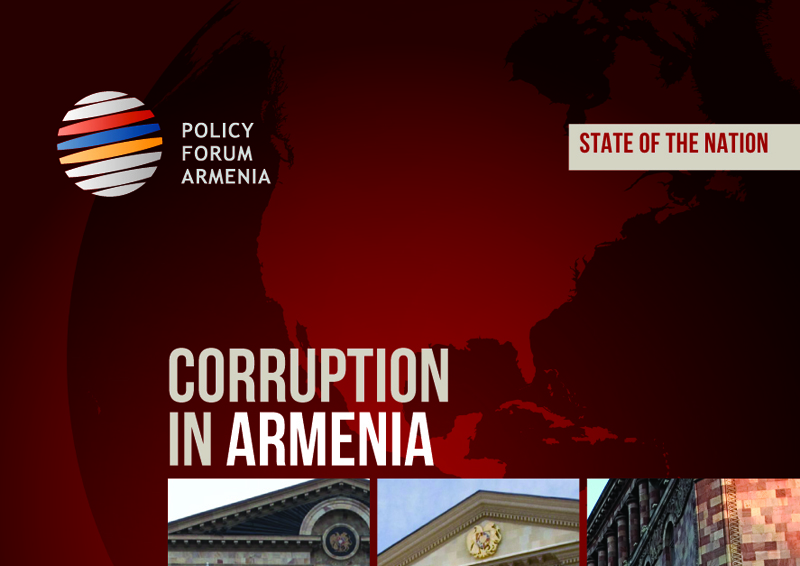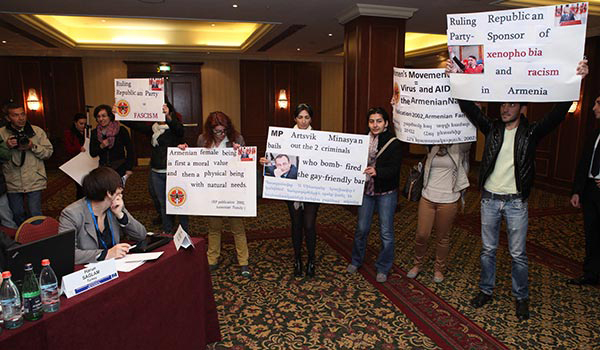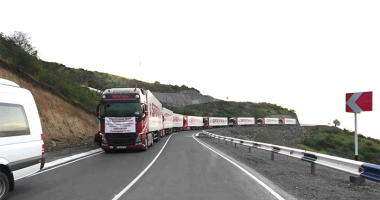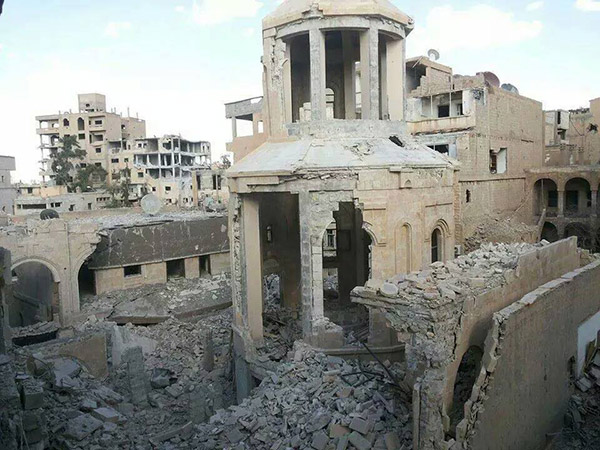WASHINGTON, DC — Policy Forum Armenia (PFA)—a Washington-based international think tank—announces today the publication of its State of the Nation Report on “Corruption in Armenia”.
A product of a multidisciplinary team of researchers and practitioners, the report brings to light many peculiarities of both wholesale and retail corruption in Armenia and offers mechanisms to reduce corruption.
The report’s main finding is that corruption’s negative impact on Armenia’s economy is substantial. Focusing on corruption faced by companies, for example, the report finds that “with an estimated cost to large companies of approximately five percent of sales per year—the highest among the comparator countries—corruption in Armenia erodes productivity and competitiveness of firms.” On the policy side, the report makes a compelling case that the design and implementation of public policy in Armenia often serve the interest of the entrenched corrupt elite and not the country or its citizens.
PFA’s Executive Board member, Dr. Zaven Kalayjian, notes: “By its nature, corruption is very difficult to detect, which is why the choice of methods and areas of study was made carefully to maximize the value added of the report. The team employed both quantitative techniques and case studies to help effectively gauge the extent of corruption and bribery taking place in various segments of the economy and public life in Armenia, from the judiciary and military to money laundering and petty crime. The most striking finding was that corruption in Armenia is highly concentrated and puts in place insurmountable barriers for economic development and progress in the country.”
The overarching message of the report is that “an effective handling of challenges facing Armenia should begin by forming a legitimate authority to oversee the new policy course on behalf of the people. This can be achieved only by a political power with incentives and capacity to spearhead a systemic change. At the moment, the feedback mechanism between power and people is broken in Armenia. This makes the country’s ruling regime immune to any pressures from the electorate to perform better and fundamentally changes the incentives of individuals at the top of the ruling pyramid.”
Daron Acemoglu, Professor of Economics at the Massachusetts Institute of Technology and the author of a recent bestseller “Why Nations Fail: The Origins of Power, Prosperity, and Poverty” notes: “Some say that Armenia is doomed to fail economically because of its geography or location in the world. But like so many other countries around the world and throughout history, its failure is due to corruption, unscrupulous politicians and weak institutions. It’s not lack of opportunities but squandered opportunities that are at the root of Armenia’s ills, and it can make progress only by confronting this fact and holding accountable those responsible for the failures. This wonderful report is a first step.”
Echoing the same sentiment, Professor AnnaLee Saxenian, Dean of UC Berkeley’s Department of Information notes: “This data-rich study penetrates the realities of governance in Armenia—realities that have long been obscured. It confirms that political reform is essential to the national economic and social development.”
Going forward, the report offers a strategy of reducing corruption in Armenia, which is built on a principle of boosting individuals’ opportunities and freedoms otherwise restricted by corruption. In addition, the report provides detailed recommendations on how to fight corruption and mismanagement in sectors with highest corruption risks. It notes that assistance from the international community and the Diaspora are required for the people of Armenia to improve governance while forcing the entrenched corrupt elite to either reform or leave. Internally, credible actions would be required to prosecute senior level abuses; reform the judicial system; and institute a mechanism for re-claiming stolen assets.
On the latter, the Report lays out a blueprint for the Stolen Asset Recovery Initiative. Modeled on experience of other countries and international laws and regulations that govern this area, the proposed initiative offers a framework for identifying illegally acquired assets held both in and outside of Armenia; seizing those assets; and holding and redistributing those assets (or the proceeds from their sale).
The report is intended to spur a debate on the issue of high-level corruption in Armenia and serve as a warning for corrupt officials that civil society organizations are ready to help identify and recover stolen assets—irrespective of their location—and return them to their rightful owners.










